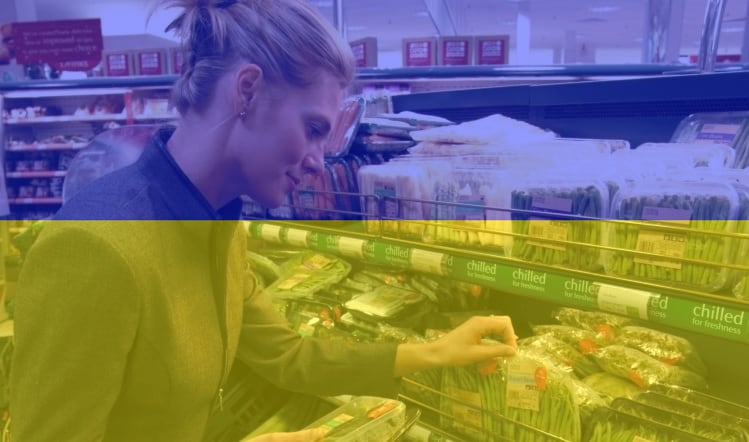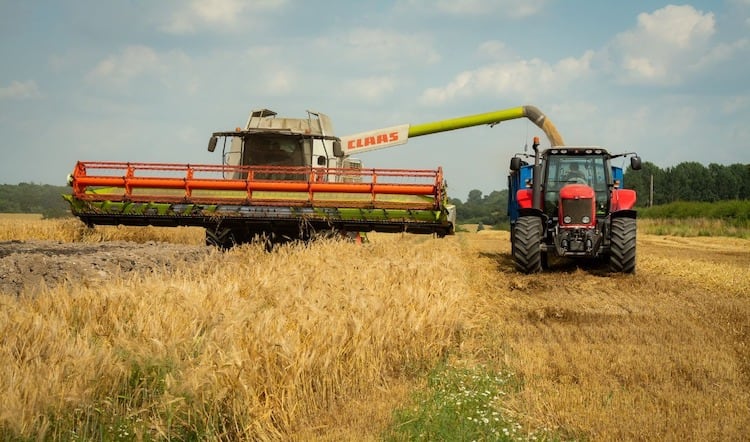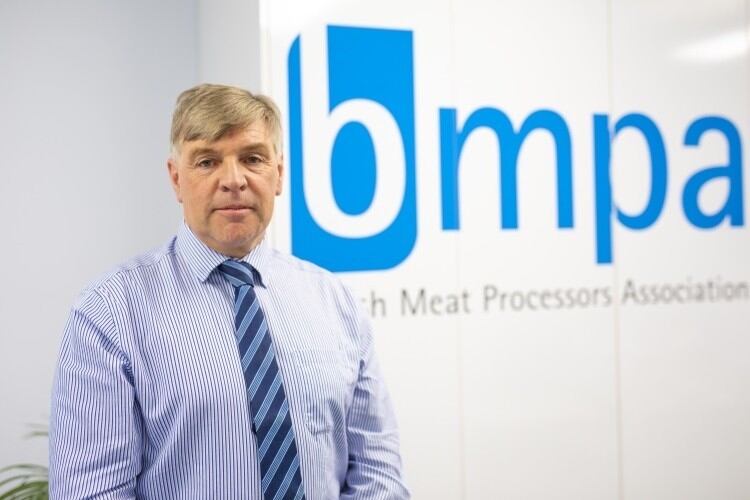Karen Betts – chief executive of the FDF – agreed that a cost must be imposed on president Vladimir Putin and his government for its actions, but was under no illusion that their wouldn’t be implications for the UK food and drink industry.
“Our members are well aware of the implications that sanctions, trade restrictions and the supply chain disruption that flows from them will cost UK businesses and shoppers,” Betts explained. “This will translate into food price rises and, possibly, temporary shortages.
“The situation is more acute because the pandemic, during which global supply chains struggled to meet unpredictable demand, pushed up prices. With Ukraine and Russia — for different reasons — no longer exporting goods to most nations, global shortages loom that exacerbate existing inflation.”
Ripples from Ukraine
While she acknowledged that the UK was not dependent on food supplies from Ukraine and Russia, it would still suffer from the impact from price rises caused by shortages in world markets.
In particular, she noted global wheat prices spiked at more than 80% higher than last year, while sunflower oil was becoming rapidly unavailable – 80% of sunflower oil is produced in Ukraine and Russia.
“Food and drink manufacturers are in a bind. They cannot see a let-up this year in the inexorable rise of input costs — ingredients, raw materials, energy and so on,” Betts continued.
“One company told me it expects energy costs to rise by up to 500 per cent this year. Businesses are urgently stripping further costs out of their processes. But there are limits. With margins squeezed suddenly and severely, higher prices are inevitable.”
Government response needed
Betts appreciated that the UK government couldn’t do much about prices in global markets, she did call on their support to help mitigate food price inflation. She proposed three suggestions to help eliminate gaps on shelves.
First, the UK and devolved administrations must allow the industry to use safe, alternative products where ingredients become unavailable, often with little notice — starting with sunflower oil.
Second, Betts called for the UK’s food security and resilience to be guarded fiercely. To facilitate this, a robust, cross-governmental National Food Security Council needed to be formed to work alongside the industry and enable it to respond collectively, and fast, to the impact of supply chain disruptions.
Finally, ministers must urgently remove complexity and cost from upcoming regulation. From new packaging rules to where food promotions can be placed in shops, she urged ministers to pause, reflect and consider whether regulation is fit for purpose — and whether now is the time to pass additional costs to consumers.
“The government has more power over how the crisis in Ukraine affects the UK than it thinks. It should use this power wisely,” Betts concluded.





